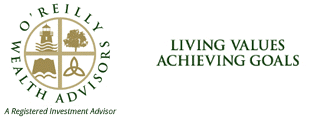Every year I am invited to a forecast of what will happen in the economy. It’s interesting to watch and longer term trends can be forecasted to some extent. But making guesses on individual stocks and when to buy or sell them is very difficult.
They never go back and critique the previous years forecasts.
This article did a great job measuring. The result 47% accuracy - slightly worse than the flip of the coin. No skills can be found.
Examples of well known people included in the study included
Jeremy Grantham, chairman of GMO LLC, a global investment management firm: His score was 48%.
Dr. Mark Faber, publisher of The Gloom, Boom & Doom Report: His score was 47%.
Jim Cramer, CNBC superstar: His score was 47%.
Gary Shilling, Forbes columnist and founder of A. Gary Shilling & Co.: His score was just 38%.
Abby Joseph Cohen, former chief U.S. investment strategist at Goldman Sachs: Her score was just 35%.
Another study referenced in the article had these results:
Their data set included 6,627 forecasts made by 68 forecasters. The following is a summary of their findings:
Just 48% of all forecasts were correct.
66% of the forecasters had accuracy scores of less than 50%—worse than randomly expected.
40% of forecasters had accuracy scores of 40-50%; 19% had scores of 30-40%; 4% had scores of 20-30%; and 3% had scores of 10-20%.
18% of forecasters had scores of 50-60%; 10% had scores of 60-70%; and 6% had scores of 70-80%.
The first person that finds the working crystal ball wins!

